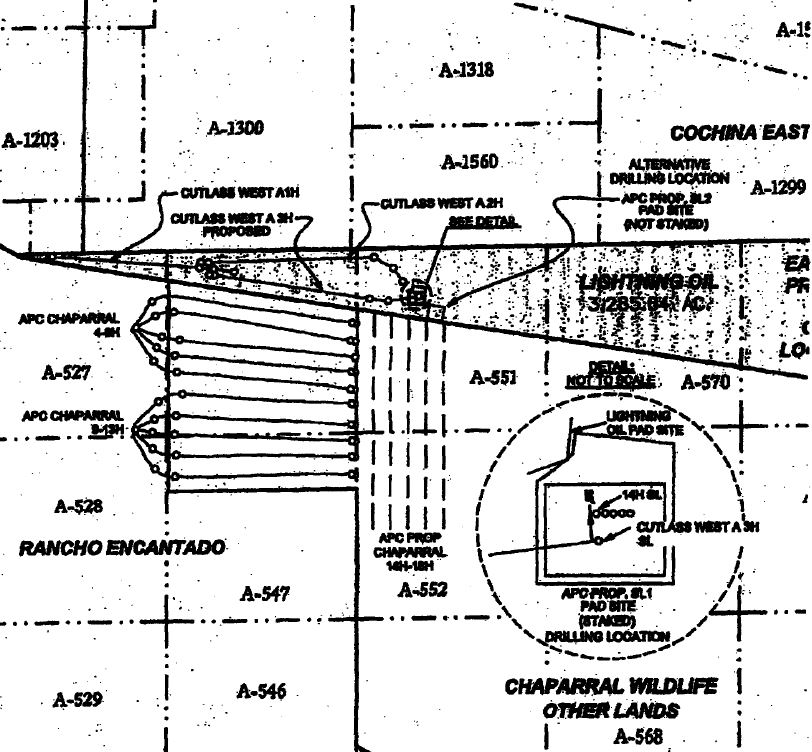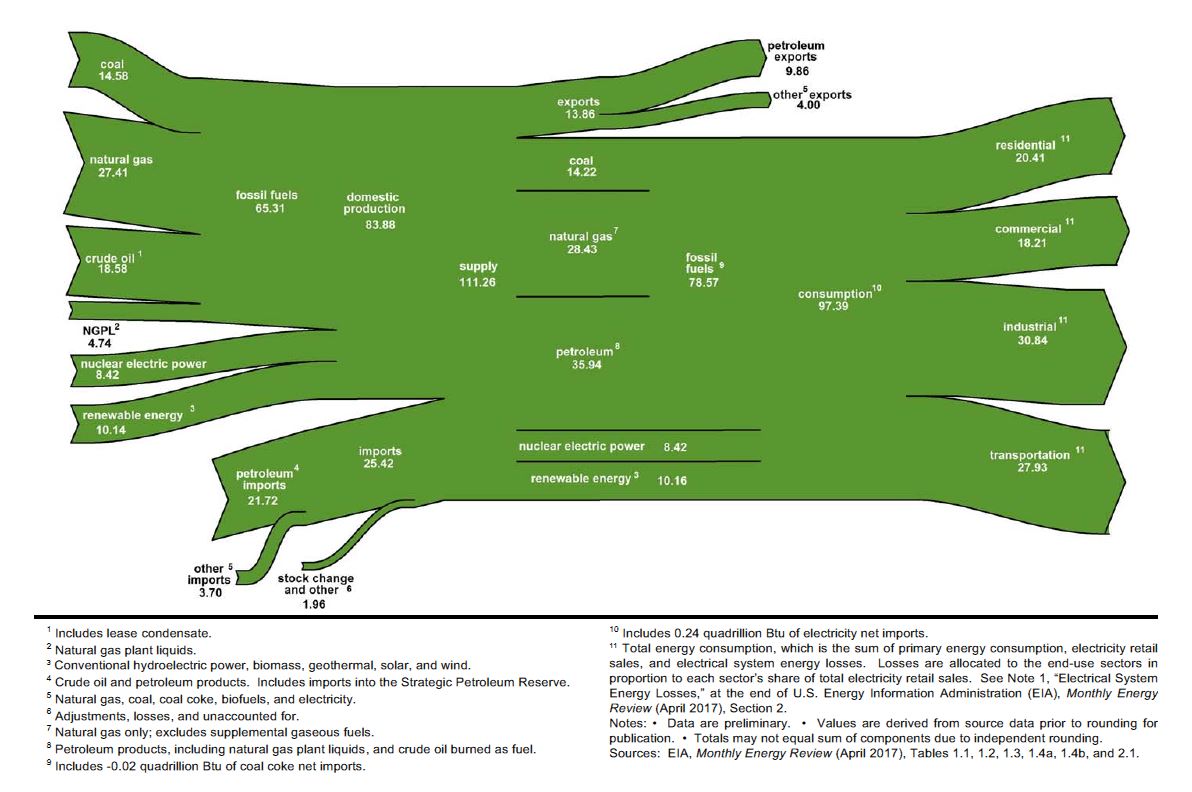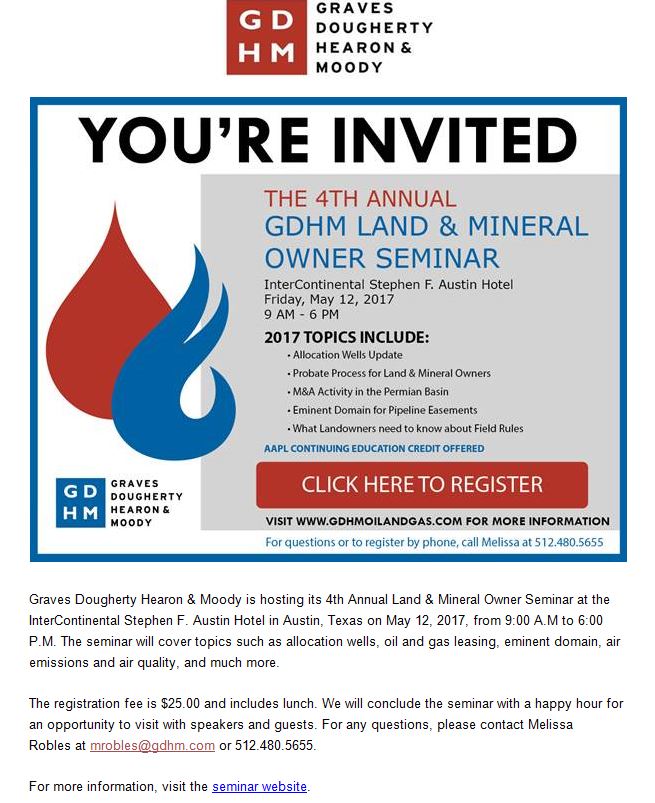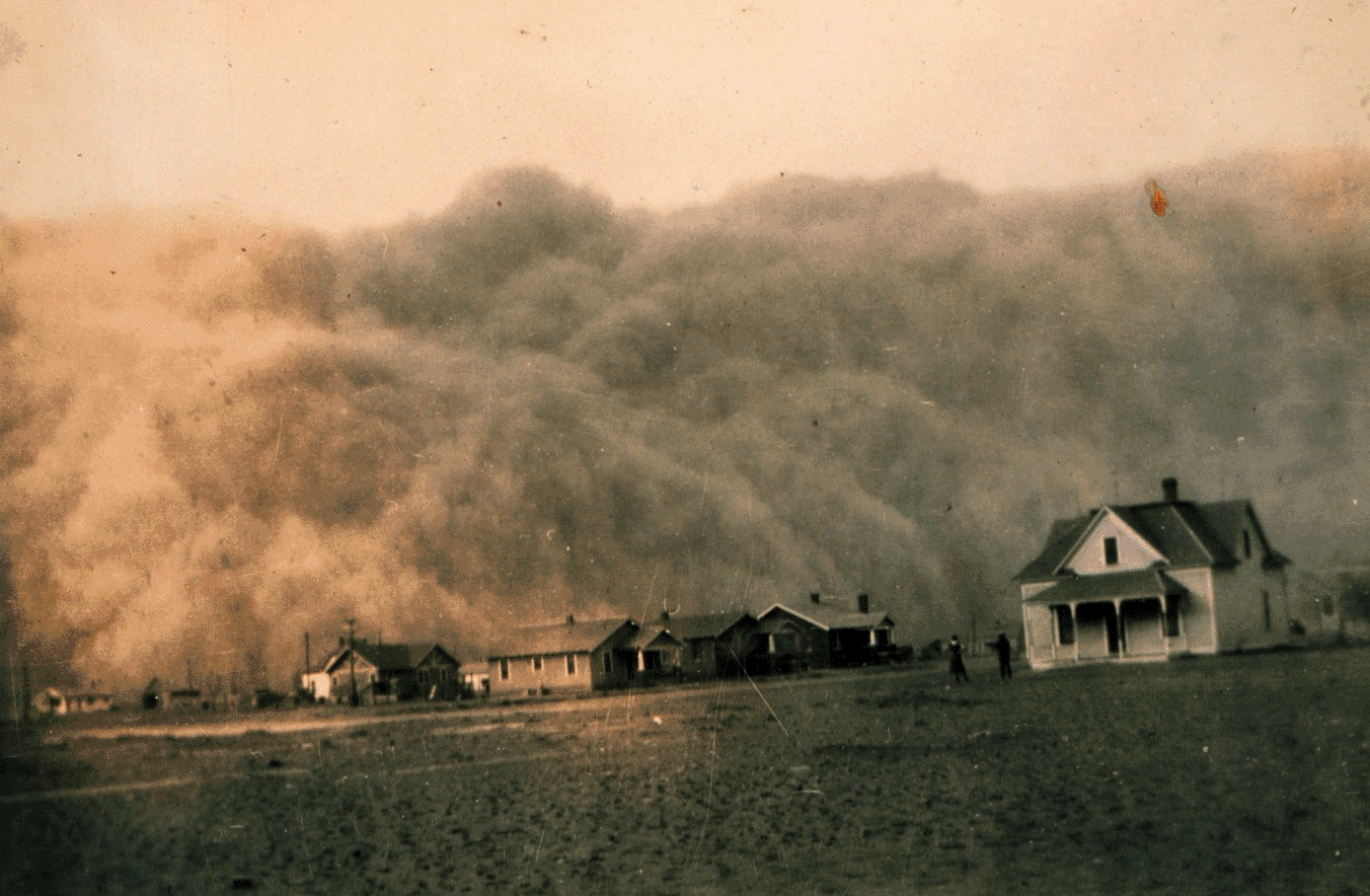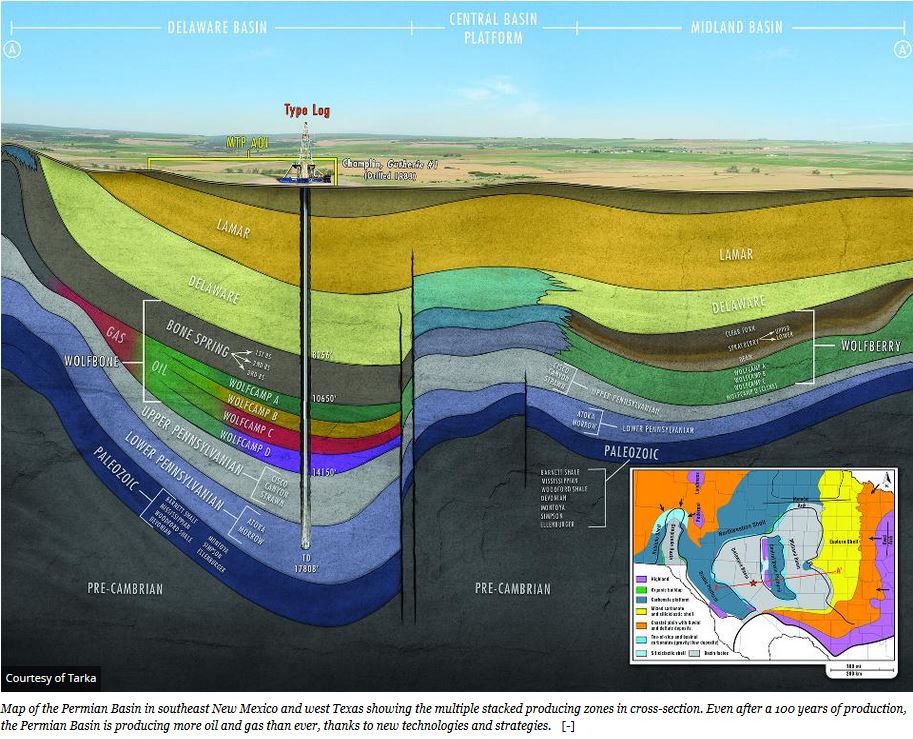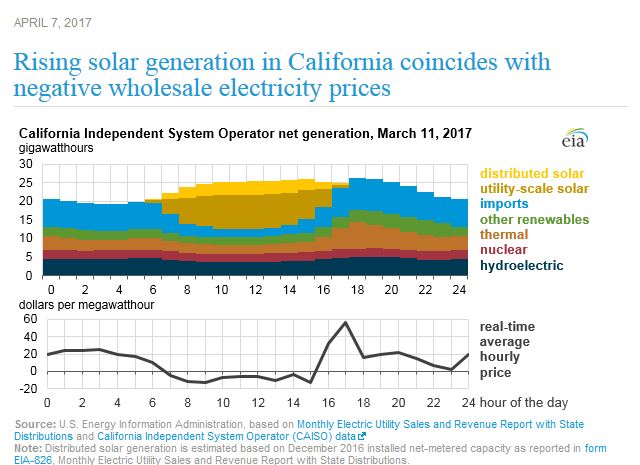One of the complaints made against the Texas Railroad Commission in the current legislative session was that it provides very little information about its environmental compliance efforts in the oil field. The Commission provides little information about the number of violations, how they were resolved, the identity of the violators, the type of violations, or the location of the violations.
The Pennsylvania Department of Environmental Protection has issued its 2016 Oil and Gas Annual Report, an interactive report that provides detailed information about its regulation of the industry. Pennsylvania now produces more natural gas than any state except Texas, since development of the Marcellus Shale. The report provides is in electronic format, with geolocated data in GIS maps and in real time, based on the DEP’s daily electronic compliance tracking system. An interactive Report Viewer allows searching for violations by company, type, county, and date. Detailed information about each violation is provided.
In Texas, if a landowner files a complaint against an operator and wants to know what the RRC has done about it, the landowner must file an open records request with the RRC.




